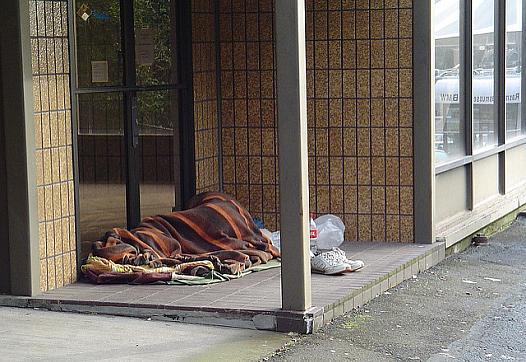
A new reporting project will "examine the health risks to the public that can occur when society and local governments neglect or underfund initiatives to alleviate conditions where homeless populations live."

A new reporting project will "examine the health risks to the public that can occur when society and local governments neglect or underfund initiatives to alleviate conditions where homeless populations live."

State and federal nutritional guidelines exist for public schools, but who's regulating after school programs and child care centers?
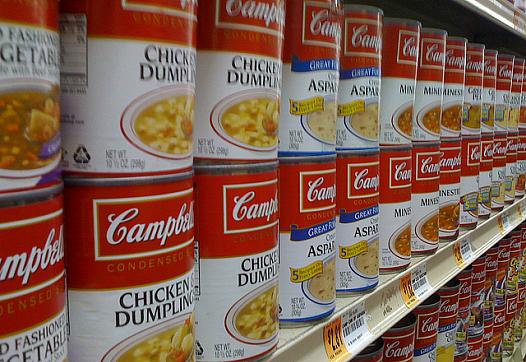
Why does one of the wealthiest countries in the world make its most vulnerable citizens choose between food or shelter?
This story was produced as part of a larger project led by Rich Lord, a participant in the USC Center for Health Journalism's 2019 Data Fellowship.
Other stories in this series include:

This story was produced as part of a larger project led by Rachel Dissell and Brie Zeltner, participants in the 2018 National Fellowship....
Highly rural, the communities outside of Crescent City in Northern California are food deserts. “I hear from staff all the time, these kids are hungry when they come to school,” one school administrator says.
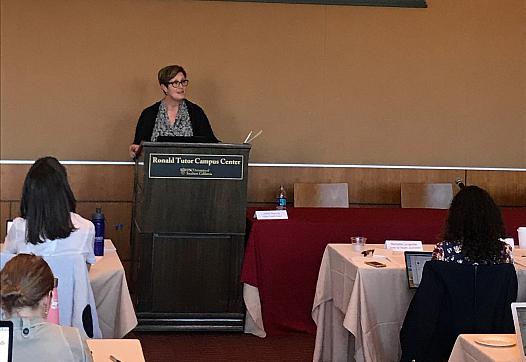
Find the people who can tell the story. Scrutinize death records. Isolate the levers that can create change.
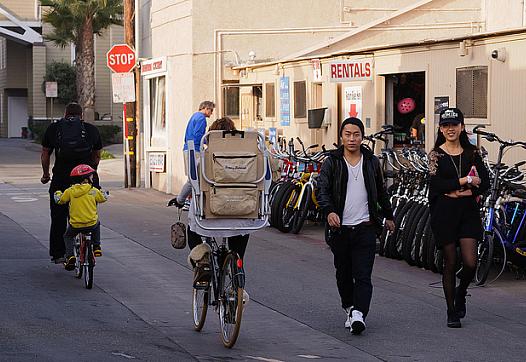
Can the "Blue Zones" approach lower chronic disease rates and boost lifespans? Or is it turning into a lifestyle movement for already healthy, affluent areas?
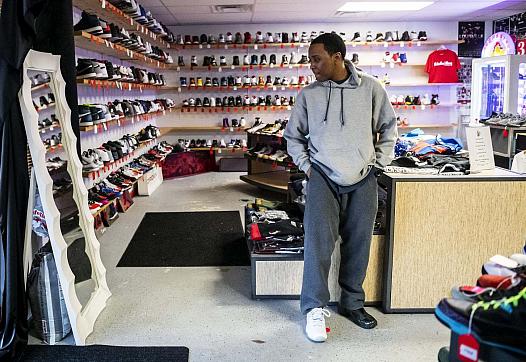
In the “Compassionate City,” governmental unity has helped to reduce child poverty rates.
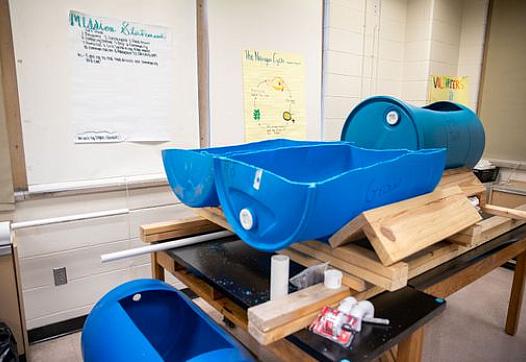
Deep within the hallways of Western Middle School for the Arts, a garden-topped fish tank invites passersby to watch food production at work.